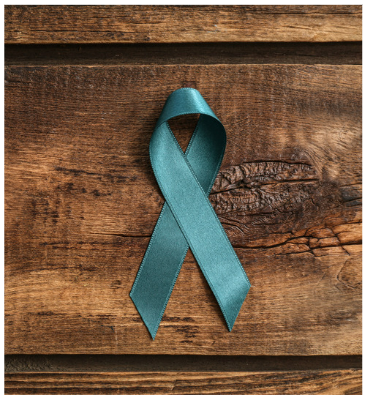 In honor of Juneteenth: Juneteenth, also known as Freedom Day, is observed on the anniversary of June 19, 1865. It marks the date when the news of the Emancipation Proclamation reached Texas, nearly 3 years after President Abraham Lincoln signed the document. The Juneteenth holiday represents a time to commemorate the day while reflecting on the shared history and tradition.
In honor of Juneteenth: Juneteenth, also known as Freedom Day, is observed on the anniversary of June 19, 1865. It marks the date when the news of the Emancipation Proclamation reached Texas, nearly 3 years after President Abraham Lincoln signed the document. The Juneteenth holiday represents a time to commemorate the day while reflecting on the shared history and tradition.
Resources for the African American Community:
Resources for Providers:
 In celebration of Pride Month: The Lesbian, Gay, Bisexual, Transgender, Queer, Questioning Plus (LGBTQ+*) community represents a diverse range of identities and expressions of gender and sexual orientation. While belonging to the LGBTQ+ community can be a source of strength it also brings unique challenges that can impact one's mental health. Recent research suggests that members of the LGBTQ+ community may be twice as likely to experience a mental health condition compared to heterosexual adults. Similarly, transgender individuals, compared with cisgender individuals, may be four times more likely to experience a mental health condition.
In celebration of Pride Month: The Lesbian, Gay, Bisexual, Transgender, Queer, Questioning Plus (LGBTQ+*) community represents a diverse range of identities and expressions of gender and sexual orientation. While belonging to the LGBTQ+ community can be a source of strength it also brings unique challenges that can impact one's mental health. Recent research suggests that members of the LGBTQ+ community may be twice as likely to experience a mental health condition compared to heterosexual adults. Similarly, transgender individuals, compared with cisgender individuals, may be four times more likely to experience a mental health condition.
Resources for the LGBTQ+ Community:
Resources for Providers
 In recognition of PTSD Awareness Month: Post Traumatic Stress Disorder (PTSD) affects about 12 million adults every year. Many associate this condition with the experiences of soldiers but it affects many more Americans who have witnessed or experienced life-threatening and/or traumatic events. June 27th is recognized as PTSD Screening Day.
In recognition of PTSD Awareness Month: Post Traumatic Stress Disorder (PTSD) affects about 12 million adults every year. Many associate this condition with the experiences of soldiers but it affects many more Americans who have witnessed or experienced life-threatening and/or traumatic events. June 27th is recognized as PTSD Screening Day.
Resources for the Community:
Resources for Providers
 In recognition of Men's Health Awareness Month: The month of June brings awareness to the health of men and boys and encourages them to implement healthy practices in their lives. In general, men in the U.S. are expected to live nearly six years less than women, and non-Hispanic Black and American Indian/Alaska Native men have a lower life expectancy than non-Hispanic white men. Many diseases that disproportionately impact men are preventable through regular doctor’s visits and healthy lifestyle choices; however, many men report not getting regular health screenings and struggle to find services that could help them make informed decisions about their health.
In recognition of Men's Health Awareness Month: The month of June brings awareness to the health of men and boys and encourages them to implement healthy practices in their lives. In general, men in the U.S. are expected to live nearly six years less than women, and non-Hispanic Black and American Indian/Alaska Native men have a lower life expectancy than non-Hispanic white men. Many diseases that disproportionately impact men are preventable through regular doctor’s visits and healthy lifestyle choices; however, many men report not getting regular health screenings and struggle to find services that could help them make informed decisions about their health.
Resources for the Community:
Resources for Providers